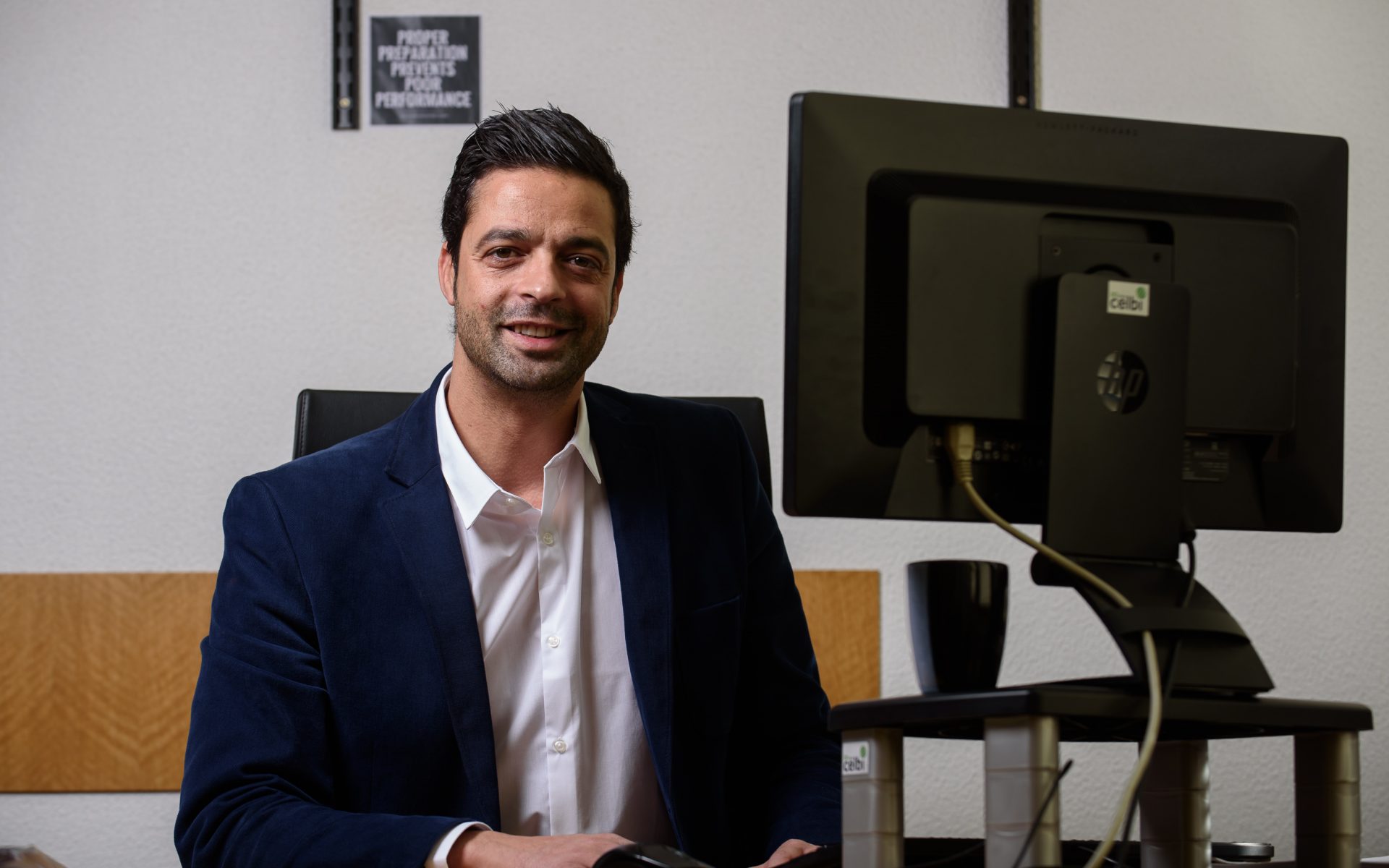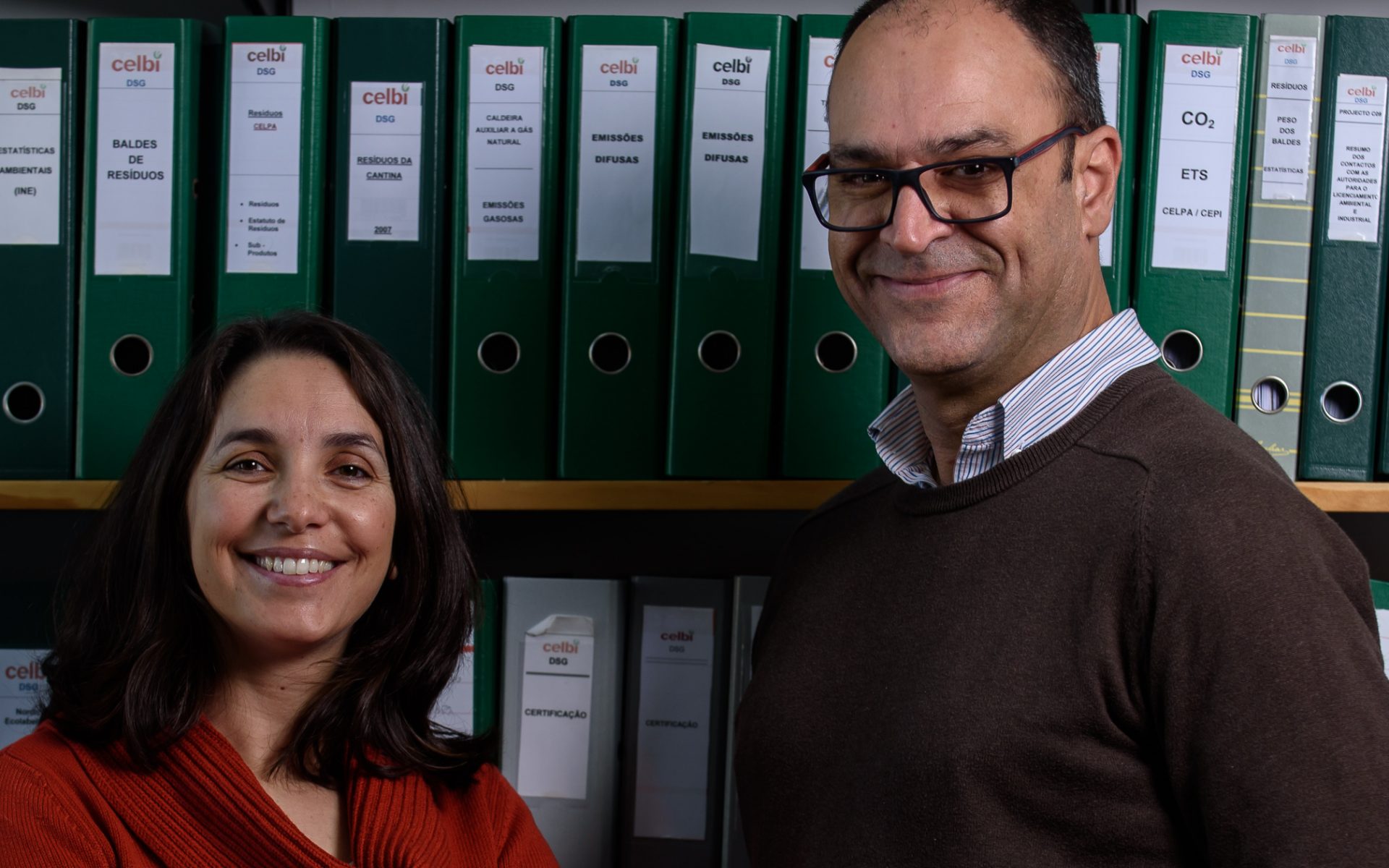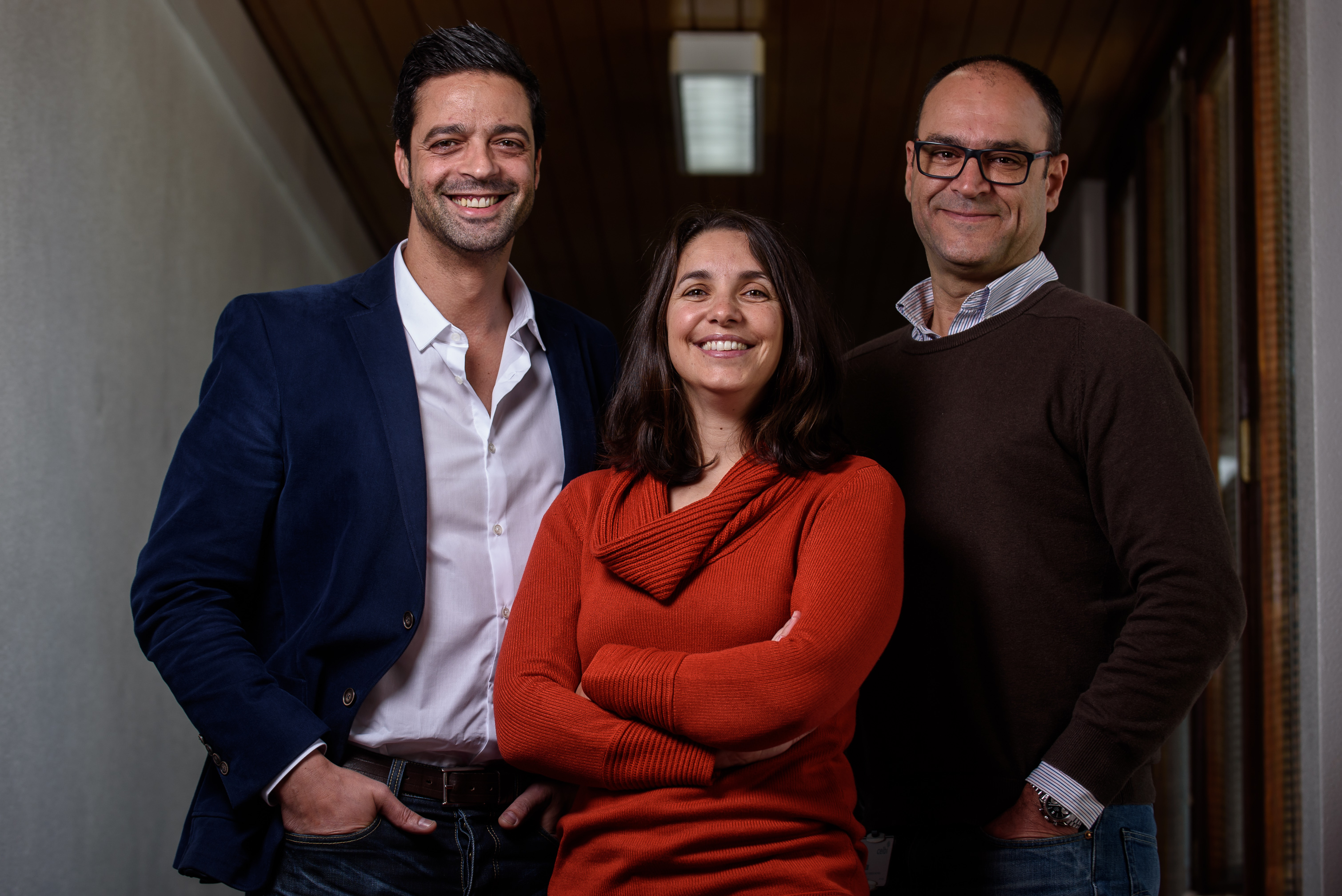Back to college
Expanding your knowledge is important at any time of life. For many, taking up studies again as an adult entails much sacrifice and overcoming difficulties. It’s a necessary effort geared towards achieving intellectual growth, working and making a better life.
The Greek philosopher Aristotle said that “there is not just one method for studying things”. The engineer, scientist and Renaissance man Leonardo da Vinci would urge his pupils to surpass their master’s quality. The idea was to encourage studying to acquire knowledge. Knowledge doesn’t take up any space and it improves a person’s performance at work. For this reason, many companies help their workers and employees to enhance their knowledge. Celbi is one of those companies. It is a Portuguese company that regards the development of its employees’ skills as a strategic challenge.
Celbi’s directors see continual improvement and their goals for positioning the company as being very much dependent on the skills of everyone who works there, in whatever field and at whatever level of responsibility.
We are living in a society which values skills and talent as a sustainable comparative advantage. The central issue for the more advanced companies is not so much the number of people they employ but rather the quality of their human resources.
According to António Jorge Pedrosa, manager of Celbi’s Human Resources department, “A company isn’t distinguished by the size of its staff, but by whether it can attract and retain highlyskilled workers. Similarly, a worker is not valuable because he or she is available to work, but because of the skills offered.”
Today, being able to manage people well and enhance their performance is what gives an organisation its competitive edge. Recent investment projects and subsequent technological changes have made Celbi’s manufacturing process more complex. This led the company to adopt a strategy for recruiting, improving and qualifying its workers which is geared towards facing future challenges. António Jorge Pedrosa says that “this strategy is based on three notions: developing skills, enhancing high-level performance and attracting and retaining the best”.
The company’s effort and investment in training throughout the last few years is an example of this philosophy. “With over 9,000 hours of training in 2017, whether in specific and technical areas, relating to the hugely complex manufacturing process, or in areas of behaviour and management, the goal has been very simple: to have the best and most well prepared professionals in the sector.”
Rolling out tailor-made programmes does not always deliver everything the company wants and needs. There are times when investments need to be made in other aspects of training and qualification, by recruiting more qualified people or incentivising and supporting workers going back to college or university. António Jorge Pedrosa states that “As a result of our work in renewing our staff, 28% of the company’s workers are now under the age of 35 and over 35% of them have higher education qualifications, compared with 2010 when it was just 24%.”
This number is not unrelated to the fact that in the last seven years the company has hired 35 young graduates from higher education, to work in different areas of the company. 24 of these undertook internships at Celbi.

In the middle of last year, Celbi admitted four university-educated women to its Production area. After getting to know the basic operation, the teams and the shift work, they are now on a specific training programme to lead different procedural facilities. According to António Jorge Pedrosa, “what upon first impression might look like promoting equality is, once again, reinforcing the qualifications and skills within the company”.
Finding balance in personal and professional life and study
There are several cases of workers at Celbi who decided to go back to college or university. Some by their own volition, others urged by the company. Over the last 15 years, 32 workers who are still on the staff went back to school, 25 of which are taking higher education courses.
The Human Resources manager acknowledges the difficulties. “We are aware that studying and working at the same time can be very challenging. On any given day it is difficult to reconcile both these focuses of attention, and when exam time is approaching the pressure increases.” He adds that they try to keep a close eye on each case, and whenever possible or when they are requested to do so, Celbi goes above and beyond simply complying with the provisions set out in the student-worker statute.
Sofia Rebola, a specialist laboratory analyst, completed her pre-Bologna Master’s Degree in 2005. When she joined Celbi’s staff she decided, of her own accord, to start a Chemistry – Quality and Environmental Control course at the Faculty of Science and Technology, University of Coimbra. She states, “This Master’s degree was perfectly matched to my job at the time, and it was good way to continue enriching my cultural and professional life.”
She immediately took up the company’s offer to starting her PhD at the University of Aveiro. She is now in her second year. “It’s an excellent personal and professional opportunity which will allow me to develop specific knowledge in the field and is therefore an asset to Celbi.” Being in academia allows her to develop a critical appraisal of the work and of an entire area of knowledge.
The company bears Sofia Rebola’s travel costs and university fees. At exam time, the company allows her time to study. Despite this support going back to university hasn’t been easy. According to her, the most difficult aspect of going back to study as a mature adult is managing her time. “My children are still young and need a lot of attention, so I have to fit my study time around their schedules.” She hopes this effort will enable her to have better opportunities for promotion.
Personal motivation rewarded after a decade
Another example of overcoming difficulties and making sacrifices is that of Paulo Caetano, the Training and Organisational Development officer. He has worked at Celbi for 27 years. He used to operate the Demineralization and Water Supply, moved to Operator of Concentrators/Evaporators and Treatment of Condensates and then to the Cask Boiler which was the last installation that had in the SRE . There came a point when he felt he could learn about an area which interested him and he regarded the degree in Psychology as a challenge. He took the course 11 years ago. He completed it in 2006, and admits it was difficult because he found it hard to keep pace with studying. “The pace and my work shifts meant many extra hours of studying, which required a lot of effort and even my wife had to make sacrifices.” At that time he already had children and with work and study he wasn’t able to make time to help them. “It took a few years of effort from my family, and I am fully aware that if it hadn’t been for my wife’s support I wouldn’t have been able to gain my degree.”
Paulo Caetano acknowledges that Celbi helped a great deal, both in managing his study and exam schedules and in helping his curricular internship. “It would have been very difficult to complete my degree in Psychology without this support and particularly without the willingness shown by Silva Tavares, who was then the head of the Human Resources Department.”
When he finished the course there were no career improvement prospects. He was always convinced that with a degree other opportunities could arise. Almost 10 years on from completing the course, he was invited to work in Celbi’s Human Resources department and he is now the Training and Organisational Development officer.


